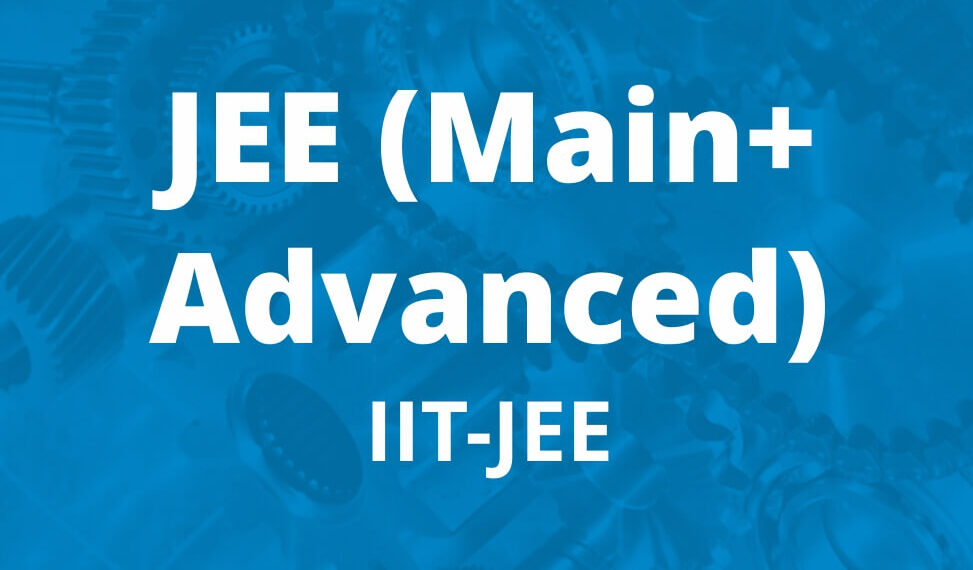- Email: bb101280@gmail.com
- Contact: +91-9856469076,7481987707
- Work time: 9:00AM - 06:00PM
JEE (Mains & Advanced) Preparation Courses

JEE (Mains & Advanced) Preparation Courses
The Joint Entrance Examination (JEE) is a gateway for students aspiring to enter prestigious engineering institutes like the Indian Institutes of Technology (IITs) and National Institutes of Technology (NITs). The examination is divided into two stages: JEE Main and JEE Advanced. Preparing for these exams requires a strategic approach, comprehensive study materials, and rigorous practice. Here’s an overview of the various JEE preparation courses available to students.
Regular Classroom Courses
-
-
One-Year Intensive Program: Designed for students in class 12 or those taking a gap year, this course provides in-depth coverage of the syllabus within a year, with a focus on intensive practice and revision.
2. Crash Courses:
-
Short-Term Revision Program: These courses, typically lasting 1-3 months, are designed to provide a quick revision of the entire syllabus, focusing on key concepts, problem-solving techniques, and previous years' question papers. They are ideal for last-minute preparation.
3. Online Courses:
-
Live Interactive Classes: These sessions replicate a classroom environment online, allowing students to interact with instructors in real-time, ask questions, and participate in discussions.
Recorded Lectures: Pre-recorded videos that students can access at their convenience, allowing them to learn at their own pace and revisit difficult topics as needed.
4. Test Series:
-
Mock Tests: Simulate the actual JEE exam environment to help students get accustomed to the format, time management, and pressure of the real exam. These tests are crucial for self-assessment and identifying areas of improvement.
Subject-Specific Tests: Focused tests on individual subjects or chapters to identify strengths and weaknesses, helping students concentrate their efforts on areas that need improvement.
5. Study Materials:
-
Comprehensive Books and Notes: Detailed books and notes covering the JEE syllabus, including theory, solved examples, and practice questions. These materials are designed to provide a thorough understanding of concepts and principles.
Question Banks: Collections of previous years' JEE questions and additional practice problems to enhance problem-solving skills.
6. Doubt Clearing Sessions:
-
Regular Doubt Sessions: Dedicated sessions where students can ask questions and clarify doubts with expert faculty members, ensuring no topic remains unclear. These sessions are crucial for deepening understanding and resolving any confusion.
7. Personalized Coaching:
-
One-on-One Tutoring: Personalized attention to address individual learning needs and provide tailored guidance and support. This approach ensures that students receive focused help on their weak areas.
8. Online Resources:
-
E-Learning Portals: Access to a wealth of online resources, including video lectures, practice tests, and interactive quizzes. These resources provide flexibility and convenience for students to study at their own pace.
Mobile Apps: Learning apps that offer study materials, practice questions, and mock tests, making it convenient to study on-the-go. These apps often include features like performance tracking and personalized feedback.
Conclusion
JEE preparation courses are designed to equip students with the knowledge and skills needed to excel in both JEE Main and JEE Advanced exams. Whether opting for regular classroom courses, online programs, or intensive crash courses, the key to success lies in consistent effort, strategic study plans, and thorough practice. With the right guidance and resources, students can achieve their dream of securing a place in top engineering institutes and embark on a successful engineering career.
